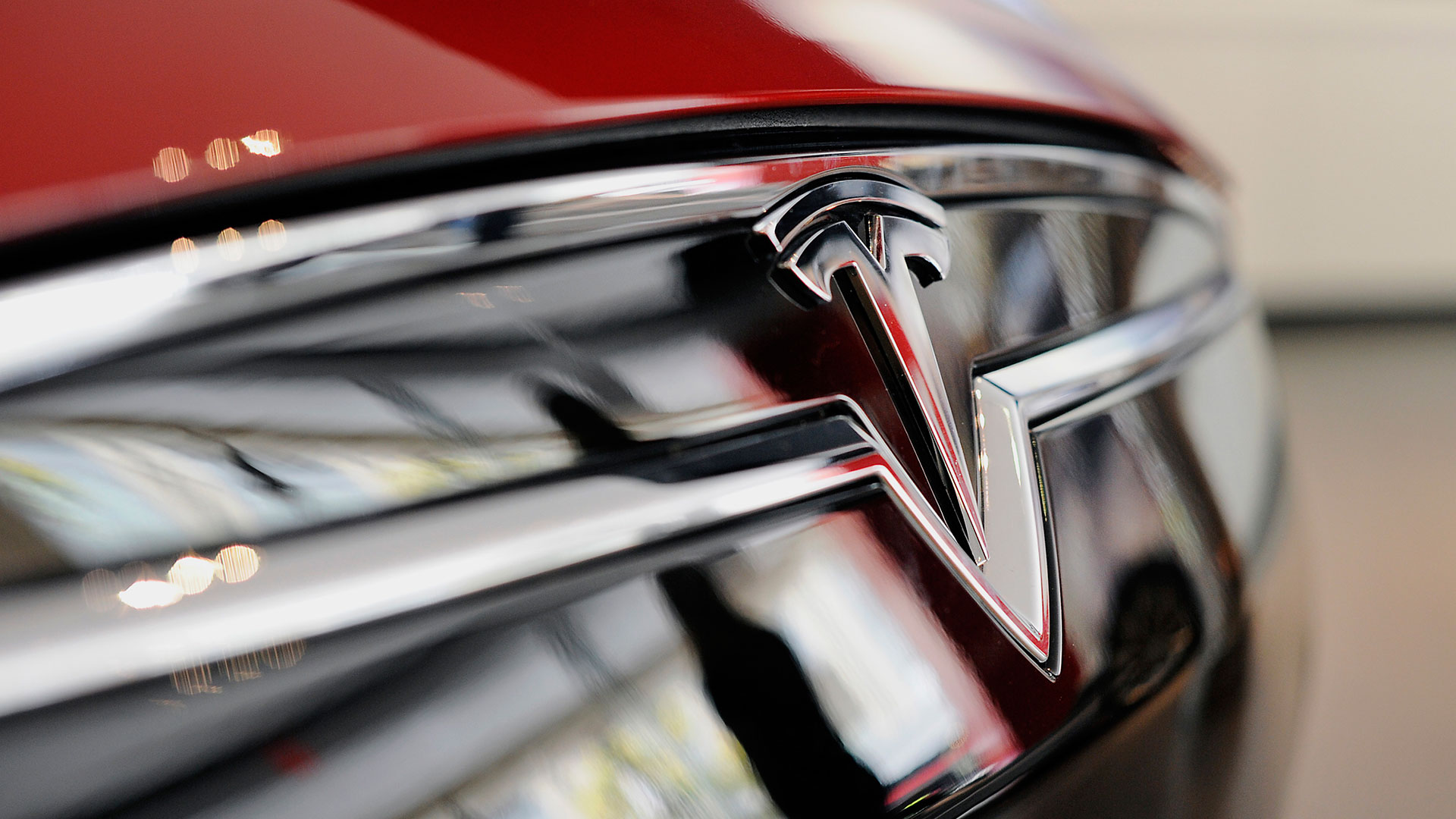

Plenty has been made over Tesla Motors’ repeated insistence that its upcoming third model, the mid-sized Model 3, will have a base price of $35,000. As many have noted, at that price, an electric car with a 200-mile range (especially one toting the Tesla name) has a shot at breaking into the mainstream and selling in major numbers. Also, that the aforementioned $35k is before applying federal and state tax credits that can knock up to $13,500 off the cost of the car.
But there’s also a good chance the Tesla Model 3 of your dreams won’t be eligible for those credits.
See, the federal tax credit is designed to make it easier for carmakers to climb into the electric vehicle pool without getting burned by low take rates. As such, they’re not supposed to last forever; once a carmaker sells 200,000 electric vehicles, the federal credit is phased out over roughly six fiscal quarters.
According to Bloomberg, Tesla is currently on track to hit its 200,000th sale in mid-2018. The Model 3 is supposed to hit showrooms in 2017—but neither the Model S nor the Model X has come anywhere close to arriving on schedule, and Bloomberg says some analysts are already predicting the Model 3 will be delayed until 2018. By the time Tesla reaches your slot in the Model 3 order queue, those sweet sweet federal tax breaks may have dried up like the Salton Sea.
As for state-based electric car tax credits, only a handful of states offer anything in terms of fiscal restitution for buying an electric car—and apart from Colorado’s brow-raising $6,000 rebate, the savings are pretty much in line with the deals you might find at a regular dealership end-of-the-month dealer promotions. Plus, they’re subject to the whims of state governments, which tend to vacillate more than Washington D.C. does.
That’s is not to disparage the Model 3. Again, a feasible and stylish electric car alternative at that price point could be a game-changer. Just, you know, don’t expect to drive away in one for $25,000.